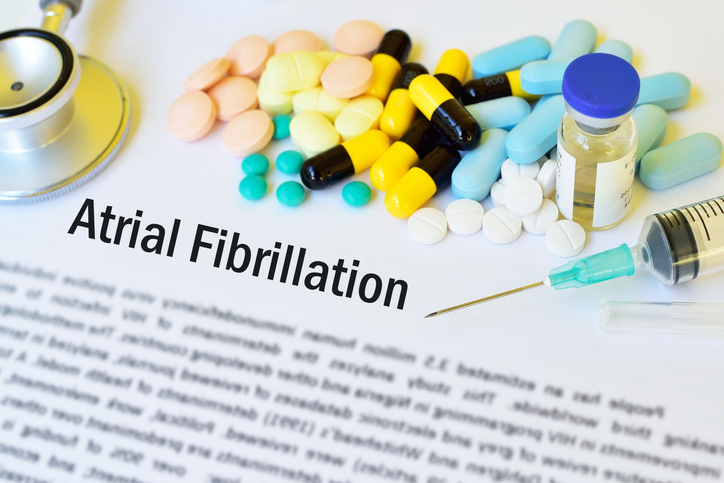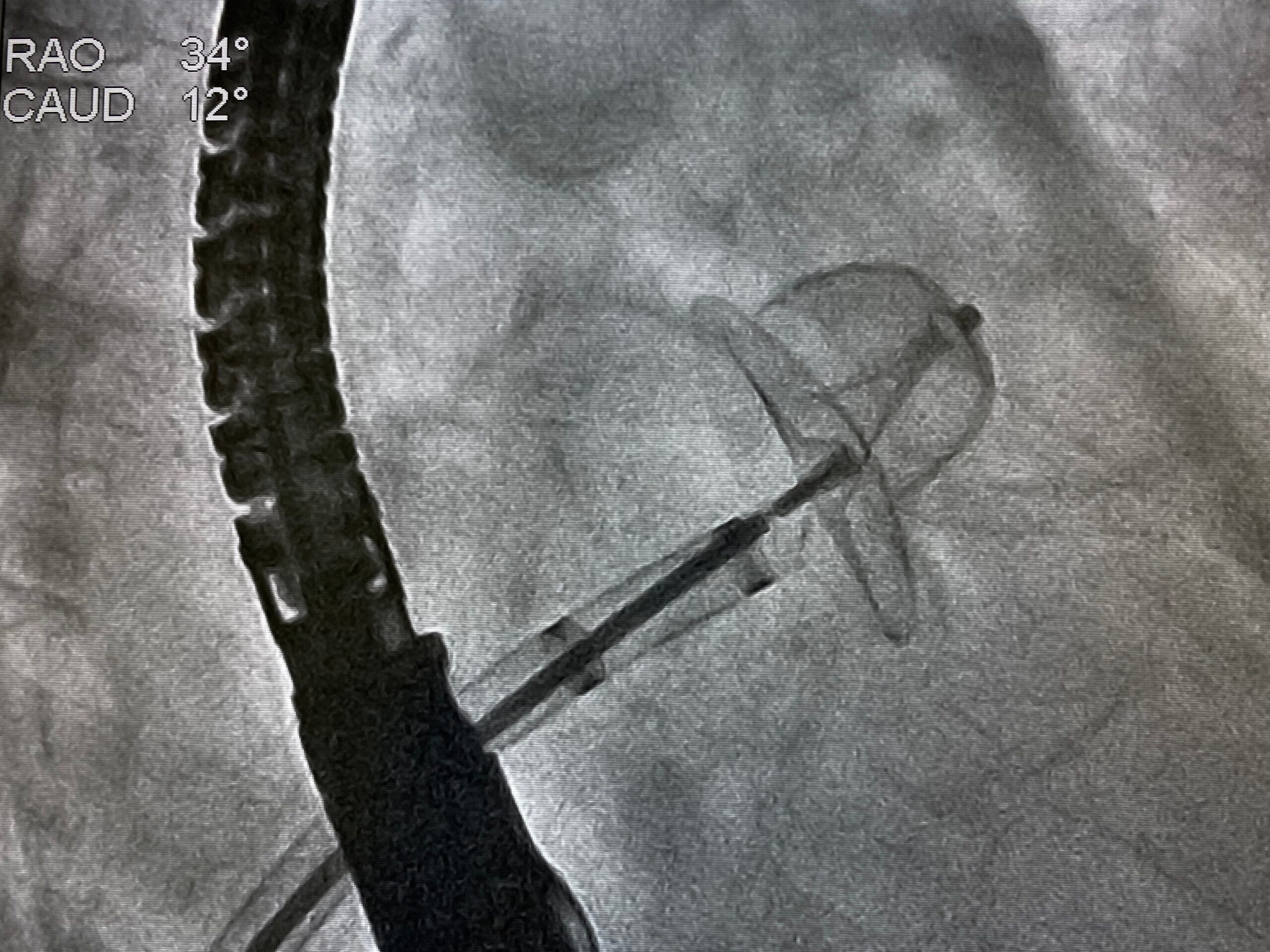
A new analysis out of the University of Pennsylvania suggests that patients with COVID-19 who are admitted to the ICU are more likely to suffer a cardiac arrest or arrhythmia (such as atrial fibrillation [AFib]) than those without.
“Early studies suggest that COVID-19 is associated with a high incidence of cardiac arrhythmias,” the authors, publishing in Heart Rhythm Journal, wrote. “SARS-CoV-2 infection may cause injury to cardiac myocytes and increase arrhythmia risk.”
The study included all patients with diagnosed COVID-19 who were admitted to a single center during a nine-week period. The authors looked at incidence of cardiac arrests, arrhythmias, and also inpatient mortality. They then used logistic regression to evaluate risk factors for arrhythmia such as age, sex, race, BMI, prevalent cardiovascular disease, diabetes, ICU status and hypertension.
According to the results, among the 700 patients (45% male, 71% black, 11% receiving ICU care) in the study, there were nine cardiac arrests, 25 incident AFib events, nine bradyarrhytmias, and ten nonsustained ventricular tachycardias, with all cardiac arrests occurring in the ICU. After multivariable adjustment, admission to the ICU was associated with incident AFib (OR=4.68; 95% CI, 1.66 to 13.18), and age and incident AFib were independently associated with prevalent heart failure and bradyarrhythmias. Cardiac arrests were associated with in-hospital mortality.
“In order to best protect and treat patients who develop COVID-19, it’s critical for us to improve our understanding of how the disease affects various organs and pathways within our body–including our heart rhythm abnormalities,” senior study author Rajat Deo, MD, MTR, a cardiac electrophysiologist and an associate professor of Cardiovascular Medicine at the University of Pennsylvania, said in a press release. “Our findings suggest that non-cardiac causes such as systemic infection, inflammation and illness are likely to contribute more to the occurrence of cardiac arrest and arrhythmias than damaged or infected heart cells due to the viral infection.”
Patients with #COVID19 admitted to the ICU were 10X more likely to have a significant heart arrhythmias than others hospitalized, from a series of 700 patients @PennMedicine https://t.co/RwZUDCtBCP @hrs_journal by @anjbhatla and colleagues pic.twitter.com/s7ika8Rrq0
— Eric Topol (@EricTopol) June 22, 2020
Bhatla et al: Likely that 'incidence of cardiac arrests & arrhythmias in #COVID19 patients corresponds to the severity of illness [eg systemic infection, inflammation] & is not the sole consequence of the viral infection' #CardioTwitter https://t.co/WV7j2Nio0A
— Felicity Callard (@felicitycallard) June 24, 2020
There is a major pattern to all patients dying on Vent in the last days that I witnessed. Low saturation despite max vent settings (high FiO2 and PEEP) due to severe ARDS, leading to low BP and HR and/or arrhythmia… death.
Trivial, probably, for ICU folks dealing with ARDS. https://t.co/Axvp5sg1FC— H (@alicdry) June 23, 2020
COVID-19 and Cardiac Arrhythmias https://t.co/KUyiLmjypI
Findings suggest that the incidence of cardiac arrests and arrhythmias in COVID-19 patients corresponds to the severity of illness and is not the sole consequence of the viral infection.
— Ruth Ann Crystal, MD (@CatchTheBaby) June 23, 2020
COVID-19 nedeniyle yoğun bakıma yatırılan 700 hastadan elde edilen veriler, kalp ritim bozukluklarının, bu gurupta 10 kat arttığını gösterdi. Bu çalışma, sonuçları itibariyle virüsün sadece bir enfeksiyon hastalığı olmadığının da göstergelerinden biri..https://t.co/DHDbkNVet1
— Prof. Dr. Bengi BAŞER (@bengibaser) June 23, 2020







 © 2025 Mashup Media, LLC, a Formedics Property. All Rights Reserved.
© 2025 Mashup Media, LLC, a Formedics Property. All Rights Reserved.